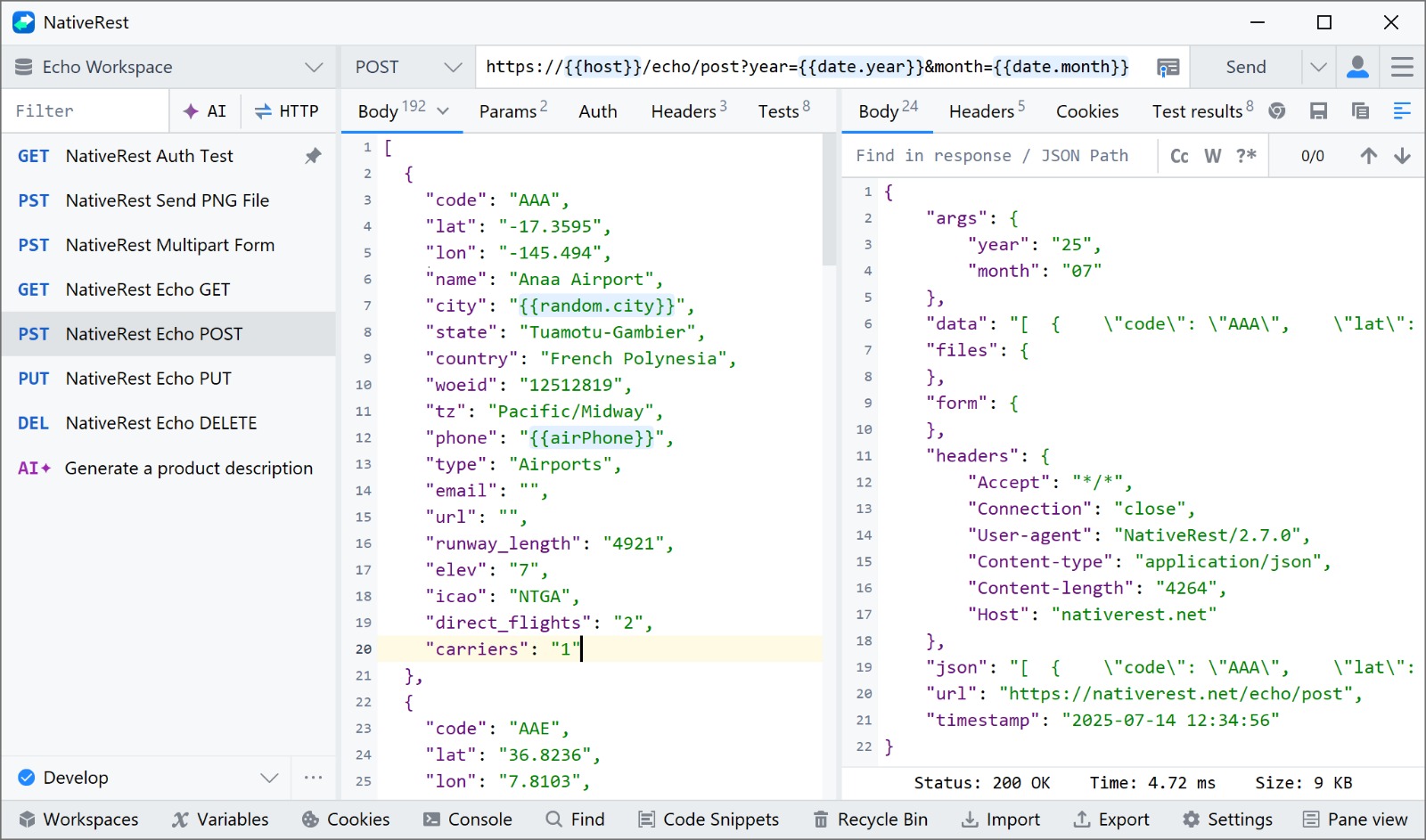Mastering Math with AI: A Glimpse into the Future of Learning Apps

Strong 8k brings an ultra-HD IPTV experience to your living room and your pocket.
The Growing Role of AI in Mathematics Education
In recent years, artificial intelligence (AI) has increasingly shaped the educational landscape, particularly in how students learn mathematics. Mathematics, often viewed as a challenging subject, benefits from AI’s ability to offer logical, structured support tailored to each learner’s needs. AI-powered mobile applications, such as advanced math solver apps and solver apps, are emerging as important tools that enhance math education by providing personalized, interactive learning experiences that move beyond traditional teaching methods.
How AI Enhances Learning in Mathematics
Mathematics is grounded in clear rules and logical patterns, making it an excellent subject for AI-driven instruction. AI solver apps can analyze a student’s progress and offer customized guidance on complex topics such as algebra, calculus, and geometry. These tools often break down problems into manageable steps, encouraging learners to understand the reasoning behind solutions rather than simply memorizing answers.
This interactive approach fosters deeper comprehension by adapting to individual learning styles and providing instant feedback, which is crucial for mastering mathematical concepts. By helping students identify mistakes in real time, AI math solvers support a continuous learning process, boosting confidence and problem-solving abilities.
Accessibility and Inclusion Through AI Mobile Apps
One of the most transformative impacts of AI in education is its ability to democratize access to quality learning resources. AI-powered math apps enable students from diverse geographic and socioeconomic backgrounds to engage with advanced math instruction anytime and anywhere. This flexibility helps bridge educational gaps, especially for those without regular access to in-person tutoring or specialized instruction.
Through mobile platforms, AI tools like math solver apps provide an inclusive learning environment where personalized support is available on demand. This accessibility is particularly important in regions with limited educational infrastructure, helping more students develop essential math skills for future success.
The Engaging Nature of AI-Driven Math Learning
Traditional math learning can sometimes feel intimidating due to its abstract nature. However, AI educational math apps use interactive features that make math more engaging and approachable. Through dialogue-based interactions, students can ask questions, receive tailored hints, and explore mathematical concepts at their own pace.
Gamification elements and immediate feedback mechanisms increase motivation and encourage active participation, helping students build a positive relationship with math. This shift toward engaging, learner-centered education has the potential to change how students perceive and succeed in mathematics.
Stimy AI: An Example of Personalized Math Tutoring
Among the AI-driven tools shaping this educational shift is Stimy AI, a mobile math solver app designed to act as an intelligent math tutor. Unlike generic calculators or simple problem solvers, Stimy AI offers step-by-step explanations that break down problems into understandable parts. Its ability to adapt to each student’s learning level ensures tailored support, making math education more personalized and accessible.
While it represents just one example of AI in education, Stimy AI highlights how mobile AI solvers can empower students to engage actively with mathematical learning beyond the classroom.
The Future of AI in Math Education
As AI technology advances, its integration into math education is expected to deepen. Future AI tools and solver apps will likely offer even more nuanced personalization by analyzing student learning patterns and adjusting instructional methods dynamically. This evolution promises to enhance critical thinking, conceptual understanding, and problem-solving skills across all levels of math education.
Importantly, AI is positioned to complement rather than replace educators. By automating routine support and providing data-driven insights, AI can free teachers to focus on creative, higher-level instruction, fostering a more effective and collaborative educational environment.
Moving Toward Smarter, More Inclusive Math Learning
AI-powered educational technologies represent a significant step toward making math learning smarter, more engaging, and accessible for all students. By blending human creativity with intelligent systems, education can be transformed into a personalized journey that adapts to diverse needs and preferences.
The continuing development and adoption of AI in education signal a promising future—one where math is no longer seen as a daunting subject but as an accessible discipline, supported by technology designed to nurture every learner’s potential.
Note: IndiBlogHub features both user-submitted and editorial content. We do not verify third-party contributions. Read our Disclaimer and Privacy Policyfor details.







